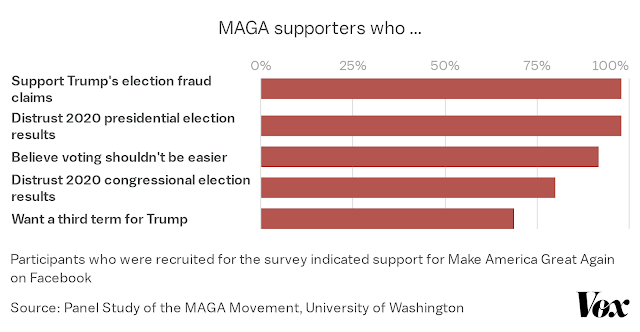You've heard, of course, the oddities, like the dictionary and the Bible, but what made the news this week was that Pen America, who tallies such things, reported that more books were banned here in the second half of last year (2023) than in the entire year before, twice that number in fact. Among the states in the running, Florida holds a commanding lead, which should surprise no one since their governor's failed bid for the Presidency made cleaning up the shelves a campaign issue. By the way, Escambia County, Florida, not to be out scrubbed, presently has the lead by including not just one dictionary, but--count 'em--five!
These days, Florida is, I'm sure, a much better place to raise kids, having swept a grand total of 3,135 books off the shelves.
Here's my story.
A gang of guys are playing cards in the dorm. I'm among 'em. The jabbering makes the game secondary. Mostly they're just talking.
It's fall, 1966, and I'm a freshman at Dordt College, Sioux Center, Iowa, far, far from home. But friends aren't hard to come by when they all have similarly unreadable last names like Schaap and could sing more than one verse of "The Ninety-and-Nine." And, like I said, we're playing rook when some local guy mentions a name I'd never heard, "Feikema," but it sounds pretty much like everyone else's.
"He's a writer," some other local kid says, "big guy--huge--writes dirty books." There's noting doleful about the way he says it. He was marketing."Naah," I say, or something similar. "Gi'mee a break. Guy writes book, and he's from here?"
"Not right here--Doon," somebody says. I had no idea what a Doon was.
Some weeks later, in a bookstore in Sheboygan, Wisconsin, I spot a paperback with the name that came up that night, "Frederick Manfred." If I hadn't had 75 cents along, I would have walked out of the store with the skinny thing stuck in my pants. This was the local guy, the one who writes dirty books.
I read The Secret Place cover to cover (175 pp), a rarity. I wasn't a reader, never was; and, sure, the story had more than its share of sexual hijinks. The kid at the heart of the novel gets two girls pregnant, both out of wedlock, and this Manfred/Feikema guy brings us out into the country to watch.
But something happens. I get lost in the story, especially when the kid in the story gets brought before the consistory--something in that scene especially smells familiar. He's writing on my ground somehow. Something I'd never, ever imagined happened before--I recognized the characters, recognized the world of The Secret Place (1965).
In point of fact, I was so moved by what I only vaguely understood--finding myself in what some call the "felt life" of the novel--that I went to my English prof to ask her if I could write my Freshman English paper on a novel by this guy, Frederick Manfred. I had to tread lightly, I knew, because those guys playing cards had said--and they seemed to know what they were saying--that somehow that the fiesty little college president had seen to it that no one could check out Feike Feikema's books from the college library, unless they had some kind of special permission.
I told her I owned my own copy of The Secret Place, and my prof, something of a lib, said yes, so I did, wrote my term paper on Manfred's The Secret Place. That excursion into strange, felt life made me think I could write too, tell stories. That contraband novel set me off on a lifelong commitment to watching newly formed letters march over a page or screen. I've been at it pretty much ever since, devotionals for kids, novels, short stories, denominational books, family albums for the Back to God Hour, the CRC, and Rehoboth Christian Schools, innumerable personal essays, and now, radio productions.
In truth, it wasn't just The Secret Place that set me off on a journey, but when I look back at a half-century of sitting here at the desk as I am right now--early, first light just now opening the sky--and this morning, like always, trying to get the words right, to create something somehow worth my time and yours, the first book I remember as central to that long story is a skinny one, by a local n ovelist, a dirty book, I guess, banned back then in the college library.









